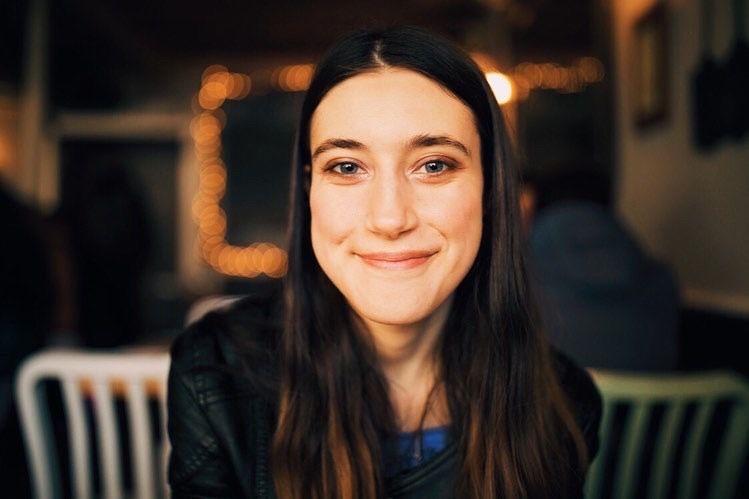In June, the Recording Academy announced a series of changes to the Grammy Awards to better reflect an evolving music industry. Recording Academy CEO and President Harvey Mason Jr. touched heavily on guidelines that apply to songs using AI technology.
In a nutshell, “Only human creators” can win the music industry’s highest honor. “A work that contains no human authorship is not eligible in any category,” the new rules read in part.
“Here’s the super easy, headline statement: AI, or music that contains AI-created elements is absolutely eligible for entry and for consideration for Grammy nomination. Period,” Mason told The Associated Press. “What’s not going to happen is we are not going to give a Grammy or Grammy nomination to the AI portion.”
Discover thousands of free stations from every genre of music and talk at Live365.com.
So, what does this mean for artists? If an AI or voice modeling program performs the lead vocal on a song, the track would be eligible in a songwriting category, for example, but not a performance category, because “what is performing is not human creation,” Mason explained. “Conversely, if a song was sung by an actual human in the studio, and they did all the performing, but AI wrote the lyric or the track, the song would not be eligible in a composition or a songwriting category.”
“As long as the human is contributing in a more than de minimis amount, which to us means a meaningful way, they are and will always be considered for a nomination or a win,” he continued. “We don’t want to see technology replace human creativity. We want to make sure technology is enhancing, embellishing, or additive to human creativity. So that’s why we took this particular stand in this award cycle.”
Following the rising popularity of new songs and projects created with AI – David Guetta’s “Emin-AI-em,” the AI -compositions of TikTok user @ghostwriter977, Grimes’ voice modeling AI software, and even a final Beatles song (that models John Lennon's voice) – the Recording Academy has long considered establishing rules for it. In order to create their AI guidelines, the Recording Academy engaged in extensive research – including holding tech summits. According to Mason, AI conversations “really came to a head in the last six months.”
Can Grammy viewers expect to see work at least partially created with AI nominated for an award as early as next year? While it’s impossible to predict what is submitted, Mason affirms, “people are using the technology. I’m imagining it’s going to be involved in a lot of records a lot of songs this year, so we’ll see if some of them get nominated or not, but I’m sure there’ll be some that will be submitted.”
The 2024 Grammy Awards is scheduled to return to Los Angeles’ Crypto.com Arena on Sunday, Feb. 4, 2024. It will air live on CBS and be livestreamed on Paramount+.
Discover thousands of free stations from every genre of music and talk at Live365.com.
Rather listen on our app? Download the Live365 app on iOS or Android. Ready to start your own station? Contact one of our Product Consultants or visit our website today. Keep up with the latest news by following us on Facebook (Live365 (Official) and Live365 Broadcasting) and Twitter (@Live365 and @Broadcast365)!
Article Image: A Grammy statue is held up at the 2016 Latin Grammy Awards, OpenAI logo on a smartphone. (Jean_Nelson and rokas91 via DepositPhotos.)

